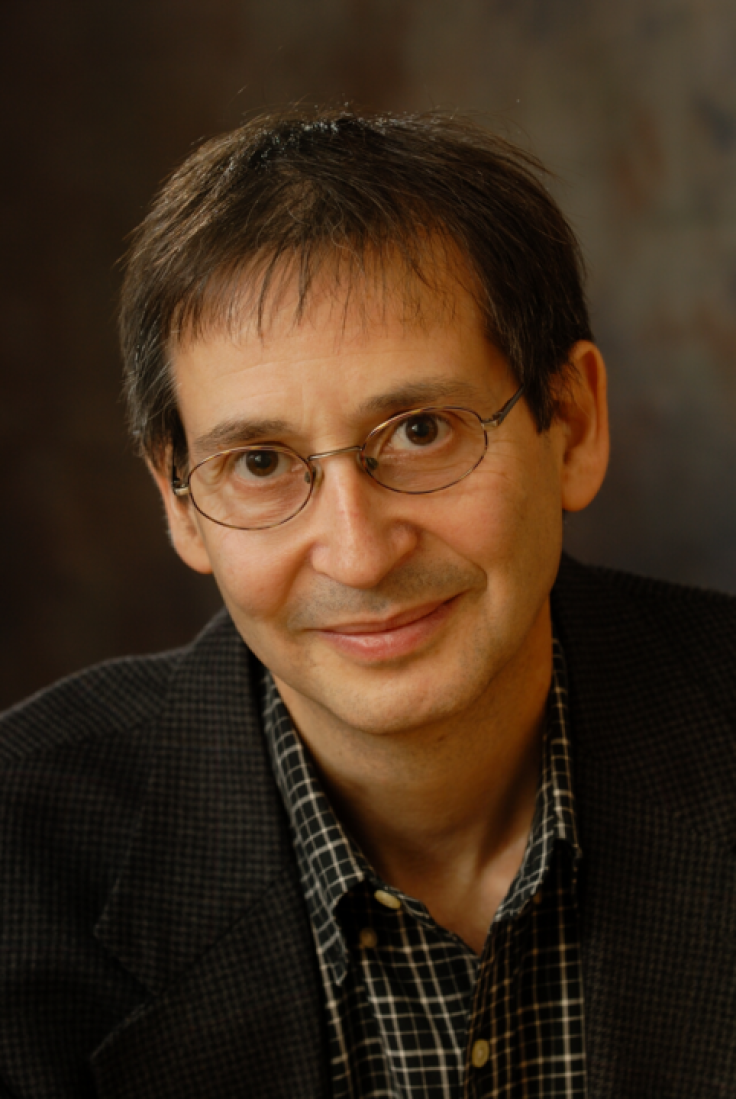Nigel Goldenfeld is a physicist and director of the NASA Institute for Universal Biology, who recently made news with his unique method of reexamining evolution, particularly as it pertains to solving the ever-present mystery of the origin of life.
Historically we’ve been taught to discuss evolution strictly in biological terms, but Goldenfeld has been utilizing studies of emergent states of matter and quantitative methods from physics to gain a new perspective on the subject, and he appears to be making headway. The biological “puzzle” that he wishes to provide a better understanding of involves the celerity at which nothing evolved into the complexity of the modern cell. We understand the time frame to be a little less than a billion years, and then developments to the fundamental architecture of the cell slowed down considerably.
Goldenfeld, who is somewhat partial to physics and once described biology as “a disjointed collection of facts,” proposes that collective effects may be a credible explanation for the odd evolutionary phenomenon. Here’s what he had to say about it to Quanta Magazine’s Jordana Cepelewicz:
“When you think about evolution, you typically tend to think about population genetics, the frequency of genes in a population. But if you look to the Last Universal Common Ancestor the organism ancestral to all others, which we can trace through phylogenetics [the study of evolutionary relationships]— that’s not the beginning of life. There was definitely simpler life before that — life that didn’t even have genes, when there were no species. So we know that evolution is a much broader phenomenon than just population genetics.”
He goes on to say: “In the earlier phase of life, even the core machinery of the cell was transmitted horizontally. Life early on would have been a collective state, more of a community held together by gene exchange than simply the sum of a collection of individuals. There are many other well-known examples of collective states: for example, a bee colony or a flock of birds, where the collective seems to have its own identity and behavior, arising from the constituents and the ways that they communicate and respond to each other. Early life communicated through gene transfer.”
I implore you to read Cepelewicz ’s full interview with Goldenfeld if you should find the time, though I wish to address the broader implications of his recent study. Something that often goes overlooked when demarcating the merits of theology vs. science is humility. Namely, the humility to acknowledge how little we know about so much. Goldenfeld’s fervor for reappraising the things we know about the origins of life is emblematic of the modest defiance of complacency that fuels the sciences. It is, by its very nature, a methodology that feeds off of consultation and deferential discourse. It doesn’t begin to purport fundamental truths about anything before rigorous hypothesizing and testing. Even then, it is always at the mercy of new insights and developments.
It excites me that developments like Goldenfeld’s collective effects study are occurring with such haste. While it is true that there are certain impediments that slacken the process's pace, the near ineradicable roadblock of fundamentalism is thankfully not one of them.
Acclaimed cognitive scientist and philosopher Daniel Dennett (author of Breaking The Spell ) once stated it as perfectly as one could: “I don’t think many of them (those who champion theological explanations for the universe) ever let themselves contemplate the question which I think science ask themselves all the time: What if I’m wrong?” It is this pervasive sense of doubt that paves the the road to greater understanding.

















